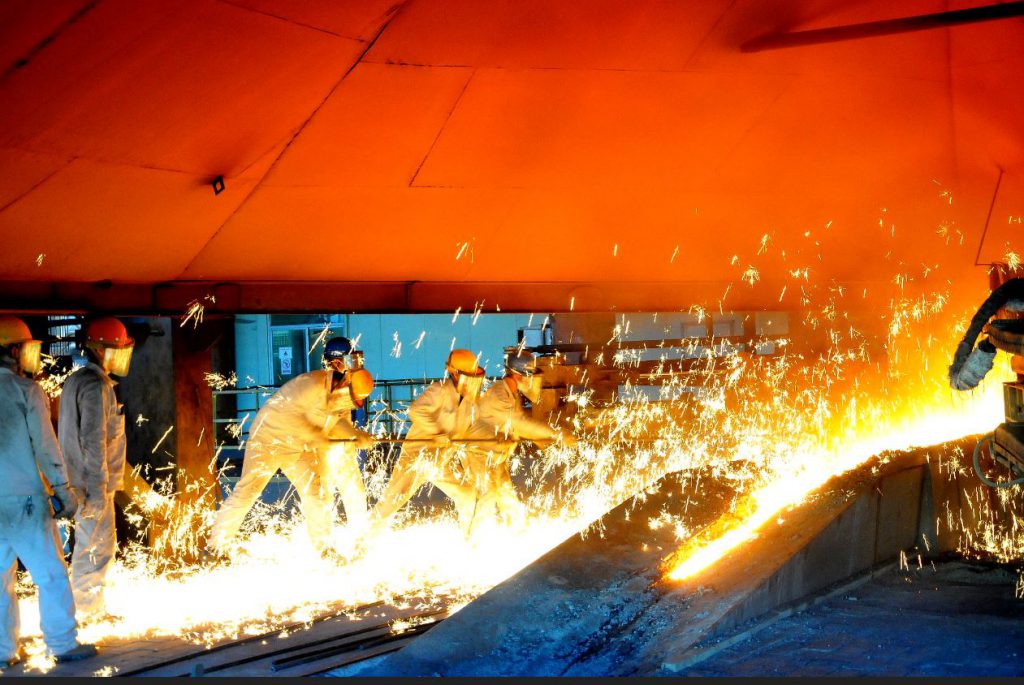
The Indonesian government is conducting a comprehensive evaluation regarding the termination of permits for the RKEF smelters which make products in the form of ferronickel and nickel pig iron, a mining ministry official said on Tuesday.
The world’s biggest nickel producer is experiencing a rapid depletion of ore after a surge in downstream investment, prompting the government to seek ways to reserve stocks for higher value added products such as the nickel chemicals used in making batteries for electric vehicles.
Irwandy Arif, a senior official with the Energy and Mineral Resources Ministry, said the government is focused on the development of High Pressure Acid Leach (HPAL) smelters – which extract nickel and cobalt from laterite ore bodies to produce Mixed Hydroxide Precipitate, a precursor material for the battery industry – and smelters that produce nickel matte.
It is unclear whether the possible termination will apply to existing permits.
Reserves of ore graded above 1.5% are expected to last until 2029 assuming there is no further exploration, Irwandy told participants at an industry conference organized by the Shanghai Metal Market.
Once a major exporter of nickel ore, Indonesia banned shipments of unprocessed nickel in 2020 to attract investment onshore.
The Indonesia Nickel Miners Association (APNI) has also urged the government to impose a moratorium on new pyrometallurgy plants to extend the lifetime of high-grade reserves.
Indonesia’s high-grade 1.7% nickel ore is used mainly to produce nickel pig iron, a feedstock for stainless steel, with EV batteries using lower grade nickel.
(By Fransiska Nangoy and Siyi Liu; Editing by Muralikumar Anantharaman and Kirsten Donovan)
3 Comments
Kenneth
So how will this news affect BHP Nickel West as they are thinking of mothballing the whole operation because of surplus in Nickel. Is this good news for BHP or the opposite ?
Frik Els
Hi Kenneth, this is another aspect of Indonesia’s long-running strategy of bringing mid and downstream industries onshore by banning exports of unprocessed ore and raw material to move up the value chain. Nickel pig iron is used by Chinese smelters for stainless steel production and is a low value export product. China’s Tsingshan has devised a process to turn NPI into battery grade nickel but it’s costly, energy intensive and decidedly environmentally unfriendly given coal is the primary energy source. BHP Nickel West’s competitive advantage is its green credentials but until such time as “clean” nickel attracts a price premium or nickel prices increase across the board, Australian nickel will have a tough time competing with Indonesia. That said if Indonesia is putting the brakes on mining and less material is available on the market it should provide some support for prices. However nickel is down sharply (–16%) from its May high and back below $18,000 a tonne which is not a conducive price and BHP would not have taken that huge write down and consider closing it down if they did not have a grim outlook for nickel.
Kenneth
Thank you FRIK ELS for your feedback.